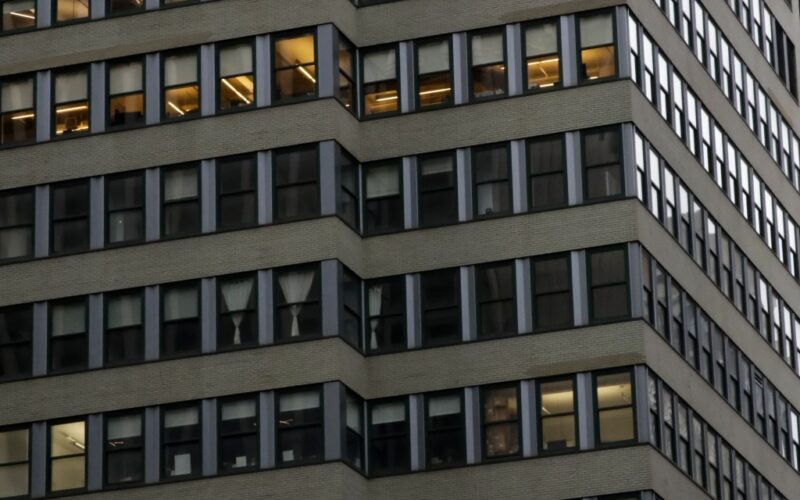Seven city agencies now have vacancy rates above 20%. At the Department of Small Business Services it’s 32%, the Commission on Human Rights 28.2%, the Department of Investigation 25.4%, and the Department of Buildings 22.7%. The city has plenty of work to do, it just can’t find people to fill the jobs.
Work has always been the trade of time for survival. Since the Industrial Revolution, it has taken many forms: factories, cubicles, and now screens, but the core exchange remains: hours for wages. For generations, most people worked because they had to. Work paid the rent, and bought the food.
Many found purpose in what they did. Some became teachers or social workers hoping to help others; others pursued the professions or creative arts, chasing meaning or success. Most believed that hard work would yield both purpose and progress.
Technology changed that equation. The rise of home computers and smartphones blurred the boundaries between work and life, and COVID erased them. Millions discovered that much of their labor could be done elsewhere and being chained to an office or factory floor wasn’t necessary.
The skyline itself is changing to reflect this shift. Office towers sit half-empty, their fluorescent-lit floors ghostly reminders of a different era. Cities are beginning to convert these spaces into apartments, recognizing that work no longer anchors people to places. The office, long the symbol of professional life, is becoming a relic. If we are smart much of the office square footage will be repurposed for living, not labor.
At the same time, another transformation is underway, one driven not by public health but by technology. Artificial intelligence and robotics are remaking the foundations of the economy. Machines perform tasks that once required human hands, eyes, and judgment. From warehouse logistics to financial analysis to writing and design AI is leading to massive underemployment. Even creative work, once thought safe from automation, is being absorbed into occupational Al further diminishing the workforce.
For the first time since the Industrial Revolution, the displacement is not just physical but cognitive. The new “factory floor” is digital, and the workers are algorithms. Those who remain employed increasingly spend their days managing systems rather than leading teams, supervising outputs rather than producing them. Others drift into underemployment. We will be working fewer hours, or in jobs well below our training solely because machines can do much more, much faster, and at far less cost.
This is not a failure of technology; it is the logic of capitalism. Every major innovation has reduced the need for human labor. The market rewards efficiency. From the cotton gin to the self-checkout kiosk, progress has meant fewer workers per dollar earned. Capitalism has always sought to reduce labor costs. Machines, unlike people, don’t unionize, sleep, or need health care. Our nation’s super rich know this very well.
What feels different now is scale. As AI learns to code, diagnose, translate, and design, the distinction between “blue collar” and “white collar” fades. The automation of intellect itself threatens the very idea of a career. When the machine becomes both the worker and the thinker, what is left for us to trade?
It’s little wonder that job postings go unanswered, even in city government. Younger workers see a future of unstable contracts and shrinking opportunity and quietly opt out. They choose flexibility over permanence, projects over careers, time over titles. Many are not lazy or lost, they are adapting. They understand that the old bargain of long hours for stability has collapsed.
Perhaps what we’re witnessing isn’t apathy but transition. If machines truly take over, society may need to redefine what “work” means. Employment might fragment into smaller, more local, more creative endeavors. Income might decouple from labor altogether, replaced by stipends, cooperatives, or public dividends from the productivity of automation. Success may no longer be measured by hours spent at a desk but by the quality of life beyond it.
The city’s empty offices and unfilled jobs are two sides of the same story: we built an economy that no longer needs all of us to run. The walls that once contained our productivity are being remade into homes because living, not laboring, is what remains constant. The end of the factory floor is not just the end of a workplace, it’s the end of an era in which work defined who we were.
People aren’t refusing to work; they’re refusing to return to a world that no longer fits the times. Nothing, not a softer couch nor stronger incentives will bring them back.
Levenson is founder and president of The Advance Group, a strategic consulting firm.








